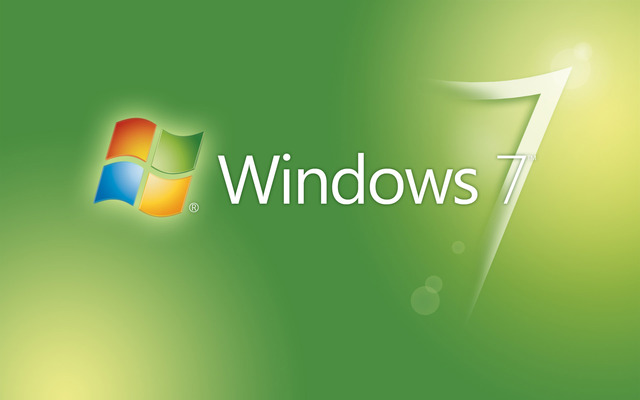Microsoft has discontinued sales of computers running consumer versions of Windows 7, effectively pushing people onto the less-popular Windows 8 operating system.
As of 31 October 2014, Microsoft will no longer provide licences for Windows 7 Home Basic, Windows 7 Home Premium, and Windows 7 Ultimate to PC makers – like Dell, Lenovo and HP.
This means it will only be possible to buy a PC with Windows 7 pre-installed until existing stock runs out. All new Windows PC models will run either Windows 8 or Windows 8.1.
The only exception will be business computers running Windows 7 Professional, which will continue being sold for at least another year.
Microsoft will continue to offer mainstream support for Windows 7 until 13 January 2015. Extended support is also guaranteed until 14 January 2020, according to the company’s Windows lifecycle fact sheet.
Microsoft has also stopped selling boxed retail copies of Windows 8, which launched in 2012. However, the operating system will still be sold pre-installed on some Windows PCs.
Windows 7 currently accounts for 53 per cent of the desktop operating system market, up from 47 per cent this time last year, according to the latest figures from Net Applications.
Windows XP now accounts for 17 per cent (compared to 31 per cent last year), while Windows 8 and Windows 8.1 together account for 17 per cent (compared to 9 per cent last year).
Windows as a whole accounts for over 90 per cent of the desktop operating system market, compared to around 7 per cent for Apple’s Mac OS X operating system, and around 1.5 per cent for Linux.
The next version of Windows, called Windows 10, is due to be released in the middle of next year.


